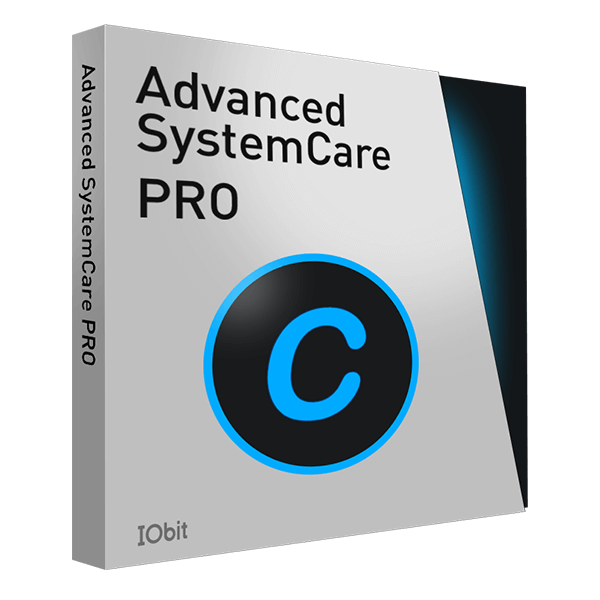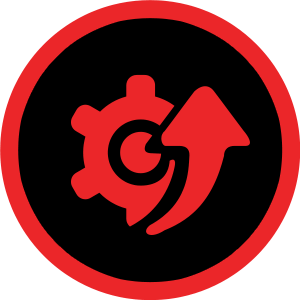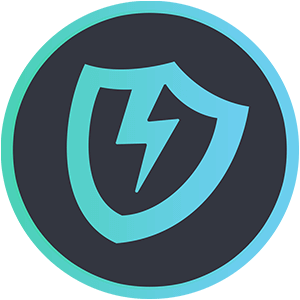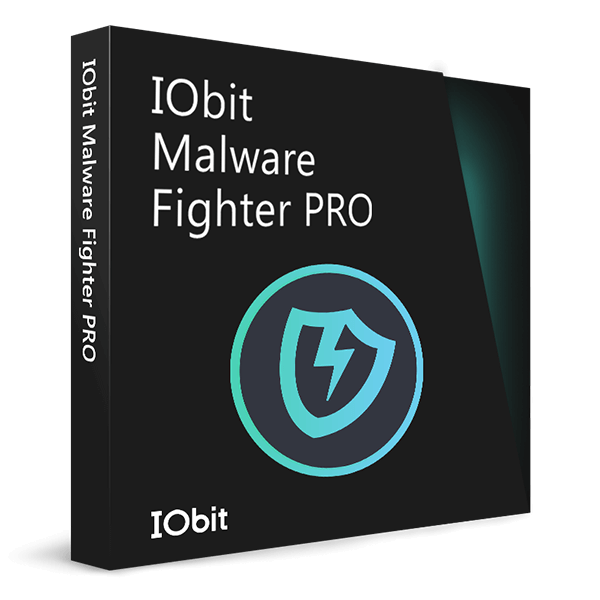- Support Center
- Multiple Languages
- Language
- Help Us Translate
Expert in
PC Health Solution

All-in-one PC health solution: clean, optimize and secure

Comprehensive PC cleaning, optimization and protection

Keep drivers always up-to-date

More stable performance with less system crashes

Protect millions of computers against malware

Top computer security with full-round protection

Protect against viruses & boost PC performance
Easily removing unwanted programs & leftovers
Automatically keep your software up-to-date
Quickly check system information and PC specs
Never worry about data theft or privacy leaks
Maximize hard drive optimization for faster PC
Enjoy a Faster and More Secure Mac
It's possible for a computer to meet malware if there lacks proper PC protection. Generally, malware consists of ransomware, virus, trojan, worms, keylogging and so on. These threats can cause damages to your system or private files through different accesses. To make full anti-malware and anti-virus, you need to acquire these threats first.
What is Malware
Malware, short for malicious software, refer to that hostile or intrusive software. It is the generic term of virus, worms, trojan, spyware, ransomware etc. A software is regarded as malware for its malicious contents and harmful intentions in general.
1. Virus

Computer virus refers to a kind of malicious program which replicates itself by modifying other computer programs and inserting its own code to waste system resources, damage computer data and cause various failure etc. As a result, it will bring much trouble to a user. Some typical computer viruses include the Creeper virus, Elk Cloner and SCA virus etc.
2. Ransomware

Ransomware is a new kind of malware which breaks out in recent years. It threatens to publish the victim's data or perpetually block access to it unless a ransom is paid. Recently break-out ransomware mainly includes WannaCry Attacks and Petya Attacks, they use the Eternal Blue exploit to infect Windows devices, especially older Windows systems to make destroy and ask for ransom. Here are some tips for you to prevent WannaCry Attacks and Petya Attacks.
How to Prevent WannaCry Attacks
3. Trojan

In computing, a Trojan horse, or Trojan, is any malicious computer program which misleads users of its true intent. Generally, Trojans are spread by some forms of social engineering or drive-by download. Although their payload can be anything, many modern forms act as a backdoor, contacting a controller which can then have unauthorized access to the affected computer. Trojans may allow an attacker to access users' personal information such as banking information, passwords, or personal identity. Besides, Ransomware attacks are often carried out by using a Trojan.
4. Worm

A computer worm is a standalone malware computer program that replicates itself in order to spread to other computers. Often, it uses a computer network to spread itself, relying on security failures on the target computer to access it. Many worms that have been created are designed only to spread and do not attempt to change the systems they pass through. But they can cause major disruption by increasing network traffic and other unintended effects.
5. Keylogging

Keylogging, also called keystroke logging or keystroke monitoring, is an action to log the keys struck on a keyboard then spy on the user's computer activities secretly. Keyloggers are formed by software-based keyloggers and hardware-based keyloggers. Actually, most spyware is based on keylogging techniques.
Malware has covered many aspects, and what has been mentioned above are some typical cases. To prevent malware on your computer needs further attention. There are some tips available:
1. Install Anti-Malware software
Anti-Malware software is essential to make full protection on Windows. Here, IObit Malware Fighter is recommended. It is powerful security tool which aims at anti-malware and anti-virus. With multiple engines and security guards, it can also prevent ransomware and adware etc. With IObit Malware Fighter, don't forget to scan and check PC status regularly.

2. Windows update
Windows update can help renew your computer security database for better monitoring potential threats. Generally, you can just check if there is an update available in the settings and follow the steps to finish the process.

3. Avoid open Wi-Fi
Open Wi-Fi has been regarded as a new threat to both computers and smartphones. It can secretly read and steal your private message during the connection. Remember to avoid those open Wi-Fi in hotels, cafes and bars etc.

4. Pay attention to unknown files
Unknown files may appear in your emails or some other messages. Generally, IObit Malware Fighter will help check if the file is secure before opening it. However, if clicked by mistake or carelessness, risks can also appear. Malware is dangerous but preventable, as long as you have taken comprehensive measures, their access can be broken.

Subscribe to keep you updated on products updates and special offers via email. And you can opt-out at any time.
© 2005 - IObit. All Rights Reserved |Refund Policy |EULA |Legal Notice |Privacy Policy
IObit uses cookies to improve content and ensure you get the best experience on our website.
Continue to browse our website agreeing to our privacy policy.
